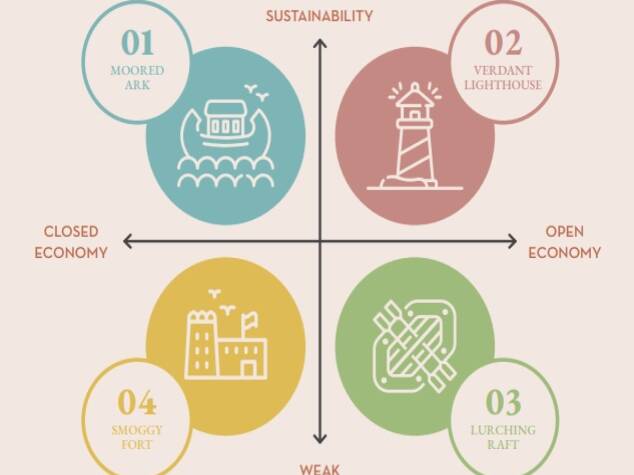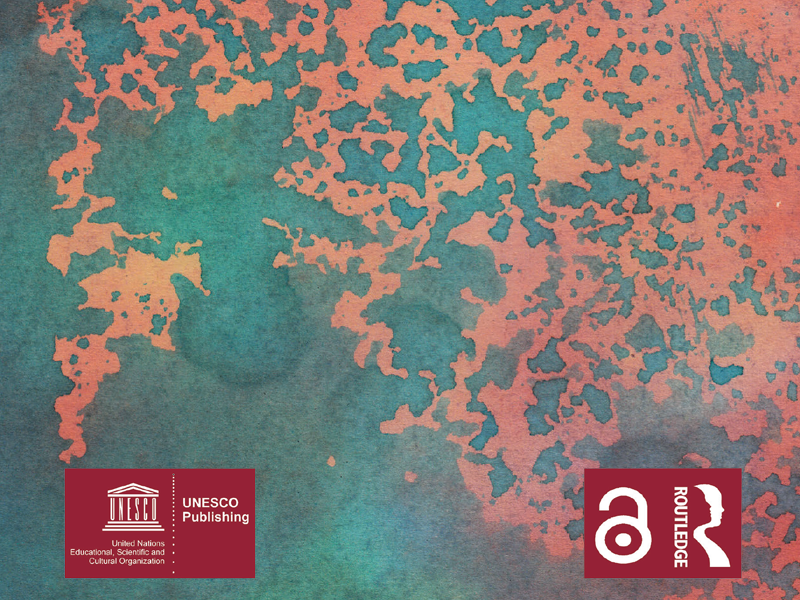Most of this growth will occur in Asia. “Middle class” gains importance for the world economy if one considers that it is growing at a faster pace than the other classes, gaining a larger share of the total income. The growth of the middle class is accompanied by investment opportunities, a change in consumer behaviour and a rise in total purchasing power, which boosts global demand. The larger the share of the middle class gets, the larger the economy grows in the long run. While the growing middle class could be the driving force for economic growth, changes in consumer behaviour and consumption patterns are expected to increase demand for food, water and energy by about 35%, 40% and 50% respectively by 2030. In fact, the trend is strong enough, according to World Bank forecasts, that it is expected to completely offset the slowdown in income growth in developed markets.
By 2030, China and India together will account for 66% of the world middle class population and 59% of the middle class consumption. In fact, by then over 70% of China’s population could be middle class, consuming nearly 10 trillion dollars in goods and services, while India could be the largest middle class consumer market in the world, surpassing both China and the United States.
In addition, as the available income of these consumers increases, their consumer habits also change, as already evident in China and India, where consumers are now turning from basic consumer goods and clothing to luxury goods and services, such as tourism, cosmetics, restaurant services and entertainment, health, sports, education and transport.
These conditions hold great opportunities for a country like Greece. A pertinent example is that the arrivals of tourists from China to Greece, rose by 31% in 2019 compared to 2018.
The mechanisms through which middle class influences economic growth are: stable demand (stable demand has a positive effect in investment and investment boosts economic growth), trust (the stronger the middle class, the more trust and stability there is in society and economy), virtuous governance (a strong middle class encourages virtuous governance, the functioning of institutions, the fight against inequality), values (social responsibility, work ethics, intolerance towards crime etc.)
Key Points
- Significant export opportunities in different regions that may require new products and promotion strategies
- Increasing demand for innovative products, which requires greater emphasis on the ecosystem for their development
- Increasing demand for tourism services and products, culture and health requires diversification in the industries’ development models







